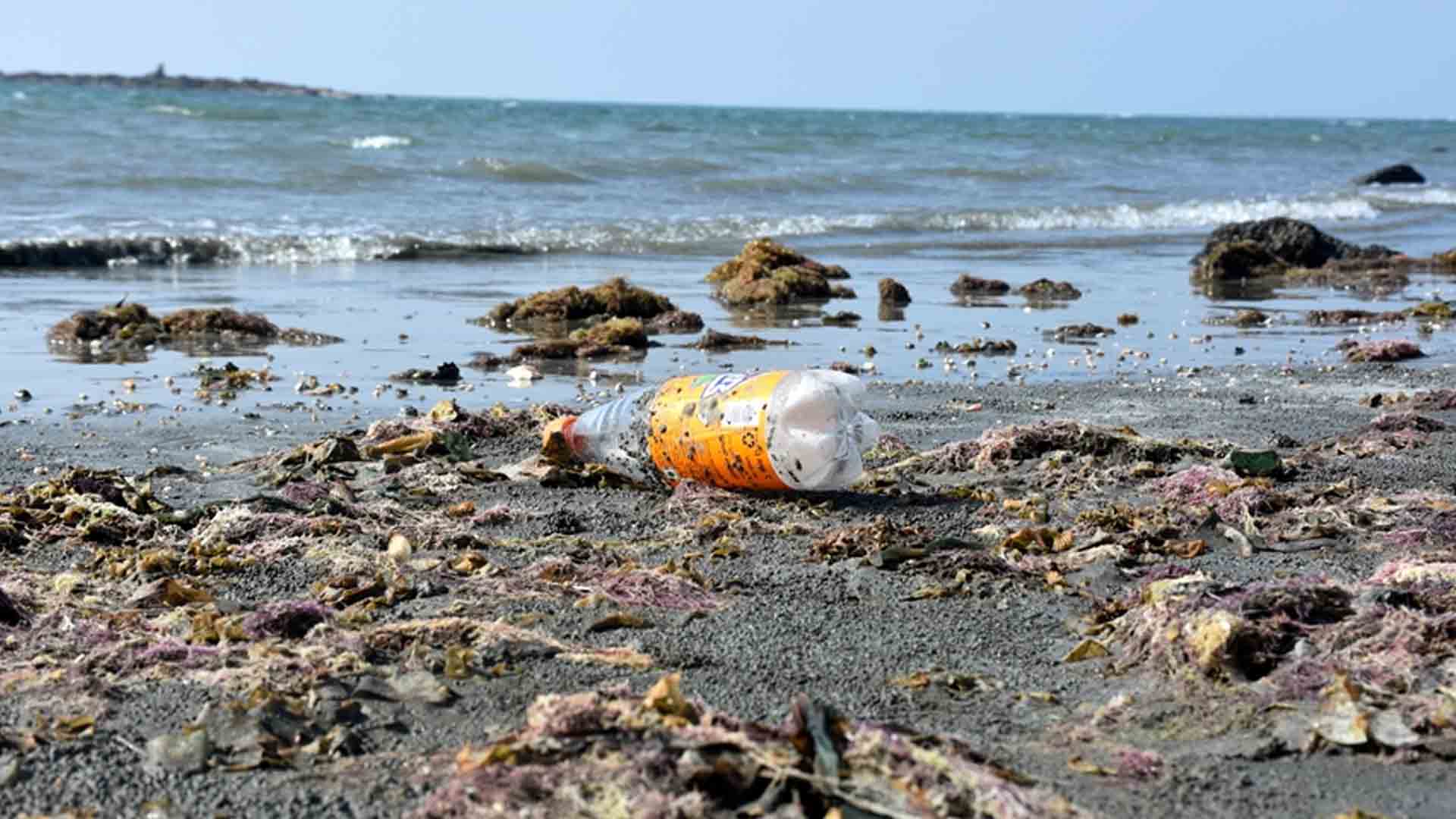The majority of people think that the world needs to implement binding rules to address the plastic pollution problem, according to new research.
An average of seven out of 10 people polled across 34 countries believe that the United Nations’ plastic treaty should create binding global rules to end plastic pollution, revealed a global survey released by the global NGO World Wide Fund for Nature or WWF and Australia-based environmental organization Plastic Free Foundation on Wednesday.
The survey released ahead of inaugural negotiations on the global plastics treaty that will begin on Nov. 28 in Uruguay, polled 23,029 respondents online.
“This survey is further proof that there is broad and overwhelming public demand for an ambitious global plastic pollution treaty that makes governments and companies more responsible for the plastic they produce,” said Rebecca Prince-Ruiz, the founder and executive director of the Plastic Free Foundation.
WWF said in a statement that failure by negotiators on an “ambitious treaty” will continue the trend of ineffective government responses to the global plastic pollution problem.
“During the two-year negotiation period alone, the total amount of plastic pollution in the ocean is tipped to increase by 15%,” it said.”Currently, more than 2,000 animal species have encountered plastic pollution in their environment, and nearly 90% of studied species are known to be negatively affected.”
Eirik Lindebjerg, the global plastics policy lead of WWF International, said people are confused and frustrated by the complex and contradictory responses to plastic pollution and that the survey showed huge support and the need for robust global regulation in the field.
“By 2025, we must have a treaty with teeth that is effective in ending plastic pollution,” he added. (PNA)





















